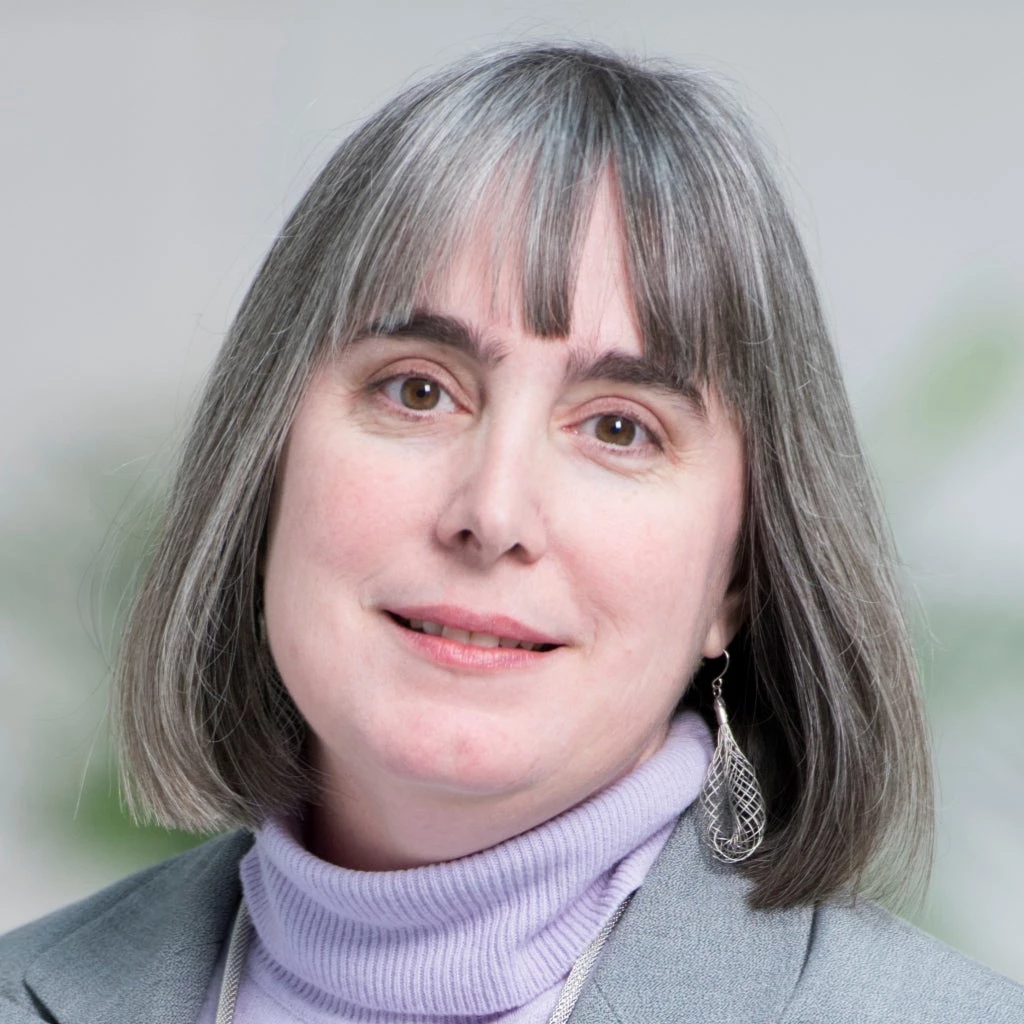
Pant told the story of how he built a grassroots movement of gay, lesbian, bisexual and transgendered (GLBT) people in Nepal, beginning in 2001. A turning point was in 2007, when the Supreme Court ruled that gay and transgendered people “are natural” and mandated certain benefits and an end to discriminatory laws. Today, the country is drafting a new constitution, and Pant said that if passed, it will be one of the most progressive in the world with regard to the rights of sexual and gender minorities.
“We had to educate people to feel pride,” he said.
World Bank South Asia Regional Vice President Isabel Guerrero chaired the event, which was organized by GLOBE, the GLBT staff association of the Bank, as part of the Bank’s Diversity Month. Other participants included Mariam Claeson and Kees Kostermans of the Bank.
Pant said definitions of gender and sexual minorities differ from those in the West. A term commonly used in South Asia is “third gender,” a concept that has deep roots in Hindu and Buddhist traditions. Today, Nepalis can obtain national ID cards that say “third gender” instead of male or female.
Another participant from India was Aditya Bondyopadhyay, a lawyer who helped defeat India’s law criminalizing sodomy. He spoke about the ways anti-gay prejudice in South Asia is related to gender inequality.
“Discrimination and violence here in South Asia is gendered. It is more about gender than sexuality,” he said, explaining that because males are traditionally more valued in South Asian societies, anyone who puts himself in a female role risks reprisal. He said concepts of collective honor and shame play into the shunning and violence that many LGBT people experience in South Asia.
As a result, he said one study found a 70 percent school dropout rate for transgendered youth, affecting their ability to earn a living and driving many into dangerous sex work.
That led Guerrero and other panelists to ponder the ways the World Bank can become more involved with LGBT issues, as a convener, a knowledge sharer and a compiler of data. Already, Pant’s group, the Blue Diamond Society, has won a World Bank Development Marketplace competition for a project that reduced HIV-related stigma and discrimination through a transgender beauty contest.
And Claeson talked about how the Bank has been able to map the MSM (men who have sex with men) population for HIV prevention using community-based surveyors. Even in closed societies such as Afghanistan and the Maldives, she said, they have been able to obtain an accurate picture of the size and location of the communities.
GLOBE President Fabrice Houdart said there is still a perception in some quarters that “LGBT issues are Western issues and not relevant to our clients.” The March 14 panel was a first step toward dispelling that perception.


Join the Conversation